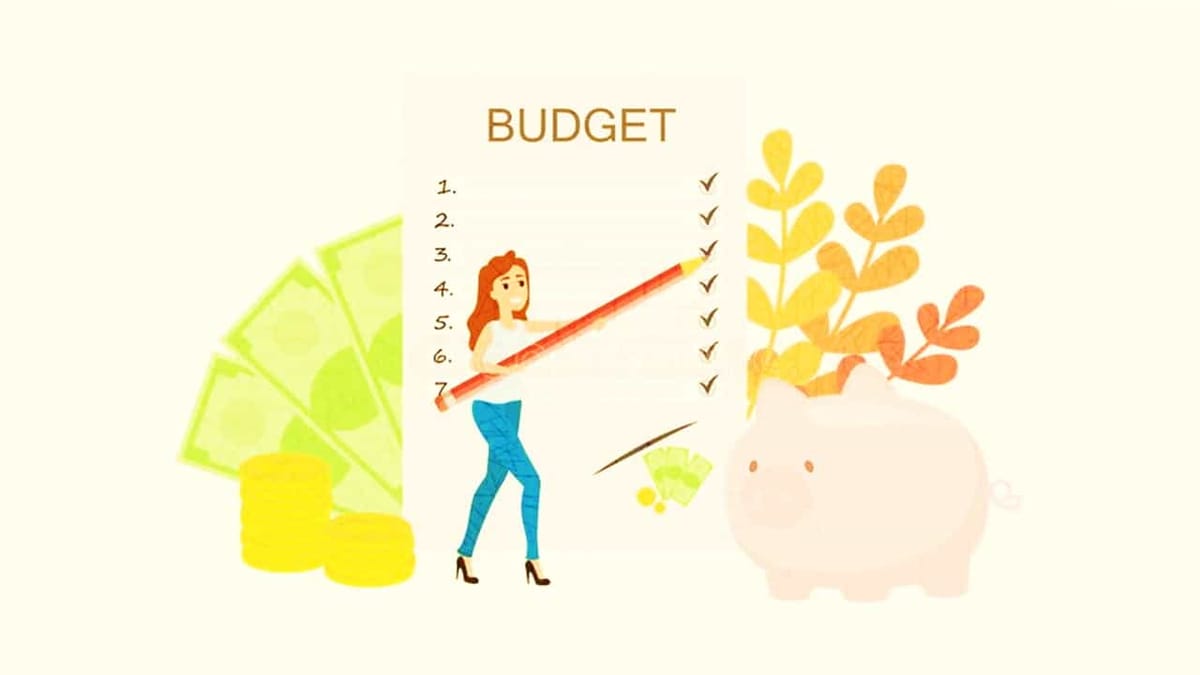Reetu | Jan 12, 2023 |

Budget 2023: Budget Manual released by Ministry of Finance
The Department of Economic Affairs under Ministry of Finance, Government of India has released Budget Manual Nov 2022 Edition.
This Manual is a compendium of guidelines, processes and procedures involved in different phases of the budget cycle for guidance of the officers of Ministries/Departments as well as Budget Division who are involved in budgeting exercise. Efforts have been made to keep the manual simple, easy to comprehend and to comprehensively outline the procedures and practices
The Government of India’s Budget Manual’s first edition was released in September 2010. (Preface and Foreword are annexed). It has since been updated and takes into account a number of changes related to the Union Budget, including the advancement of the budget cycle, the elimination of the Plan-Non-Plan distinction, the merger of the Rail Budget with the General Budget, the presentation of Union Budget documents in digital form, the revision of General Financial Rules, and the implementation of the Union Budget Information System.
The chapters in this manual have been organized to reflect various stages involved in the budget cycle. Chapter 1 provides a brief introduction of Union Budget and related documents. Chapter 2 outlines the roles and responsibilities of various stakeholders in the budget process. Chapter 3 deals with the entire budget preparation process right from the issue of Budget Circular. It also details the process of estimation of receipts and expenditure. Chapter 4 deals with process of budget finalization including tentative timelines of various activities. Chapter 5 deals with release and execution of the budget and necessary interim revisions. It covers the steps required to be undertaken by different stakeholders for control of expenditure within a financial year. Chapter 6 covers the budget review through mid-term evaluation of schemes, C& AG Audit, mid-year review and monitoring which ensures accountability. Chapter 7 contains structure of Government Accounts, as budgeting and accounting classification follow a common pattern.
Budget
Although the Constitution does not mention the term ‘Budget’, Article 112 says that the President shall, in respect of every financial year, cause to be laid before both the Houses of Parliament, the House of People (Lok Sabha) and the Council of States (Rajya Sabha), a statement of the estimated receipts and expenditure of the Government for that year. This statement is known as the ‘Annual Financial Statement’.
The financial year for the Union Government and the State Governments of India starts from April 1 to March 31. As a result, each financial year spans two calendar years. Since 1867, India has had a financial year that runs from 1 April to 31 March. Previously, according to the L.K. Jha Committee’s Report of the Committee on Change in Financial Year, India’s financial year began on May 1 and ended on April 30.
Presently, the Union Budget of India is presented each year on the 1st February or any other suitable date by the Finance Minister to the Parliament.
Budget preparation in India is an iterative process between the Ministry of Finance and line Ministries/Departments.
The process starts when the Ministry of Finance‘s Budget Division issues the “Budget Circular,” which contains instructions for creating estimates.
Some of the salient features of Union Budget are as follows
a. Budget is prepared on Cash Basis:
Whatever is expected to be actually received or paid under proper sanction during a financial year (including arrears of the past years) should be budgeted in that year.
b. Rule of Lapse:
All appropriations granted by the Parliament expire at the end of financial year. Unspent budget are not available for meeting the demands in the next financial year. Thus, all unutilized funds within the year ‘lapse’ at the end of the financial year.
c. Realistic Estimation:
It is essential that each Demand has realistic estimates which are required for expenditure in that year.
d. Budget to be on Gross/Net Basis:
Budget is prepared both on gross basis and net basis. Departments/Ministries are normally not permitted to utilize the receipts or deduct expenditure in their budget proposals. Net basis of budgeting is done in case of some Grants e.g. Ministry of Railways, Department of Posts, etc., where the departmental receipts are allowed to be utilized.
e. Form of Estimates to correspond to Accounts:
It is essential that the form in the budget estimates correspond to that of Government accounts as it is from these accounts that the performance of the Government is judged and estimation for subsequent year made.
f. Estimates to be on Departmental Basis:
Every Department prepares estimates for receipts and expenditure separately. Generally, one Demand or Grant is allocated in respect of each Ministry/ Department. In case of certain large Departments/Ministries more than one Demand for Grants is allocated.
The Finance Ministry may choose the format in which the budget is presented to the Parliament after taking into account any suggestions made by the Estimates Committee. Broadly, the Budget documents depict information relating to receipts and expenditure for two years
They are:
i. Budget Estimates (BE) of receipts and expenditure in respect of current and ensuing financial years;
ii. For the current year through Revised Estimates (RE);
iii. In addition, Actuals of the year preceeding the current year is also reflected.
For More Details Download PDF Given Below:
In case of any Doubt regarding Membership you can mail us at [email protected]
Join Studycafe's WhatsApp Group or Telegram Channel for Latest Updates on Government Job, Sarkari Naukri, Private Jobs, Income Tax, GST, Companies Act, Judgements and CA, CS, ICWA, and MUCH MORE!"